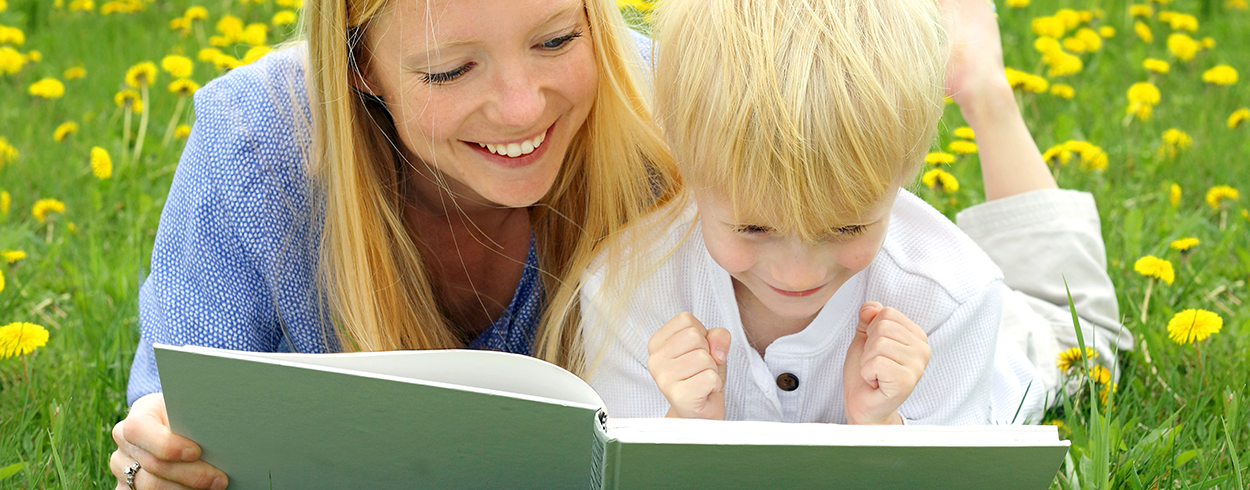Introduction
Hearing and making some letter/sound matches is one of the building blocks that will lead to future success in reading. For young children this skill begins when you play games, sing songs and read books that identify all kinds of sounds such as animals or automobiles.
Tools and Materials
Index cards, old magazines, newspapers, junk mail, glue and scissors, children's music CDs
Steps to take
Steps detailed below
At Home
If you have 3 minutes
- Play animal sound guessing games with your young child "What sound does a cow make?" or "What animal says meow?"
If you have more time
- Make a letter book by using an old notebook, folding paper in half, or using large index cards. Write a letter down and have your child cut and paste pictures from magazines, catalogs, junk mail and the like that begin with that letter. Print the name of the item under the picture. As always, start with those oh-so important letters of your child's name. You can always add to the letter page anytime. If you make the book on index cards, they can be bound with rings from an office supply store. The cards can be removed and used for other games, for example, shuffle them and sort them by letter while saying the sound.
On the Go
If you have 3 minutes
- As you letter hunt in the car, make the sounds of the letters you and your child discover.
If you have more time
- Make letter sounds as you drive, have your child call out the letter name, switch having your child make the sound.
- Listen to and sing lots of children's songs, many children's songs play with sounds and nonsense words (Jim Gill, Raffi, Billy Jonas, Ella Jenkins)
- Say a word by breaking it down into sounds: "What word am I saying?" "/c/ /a/ It!"
- Play "I-Spy something that starts with (say a sound)".
- Pick a letter of the day and keep a lookout! You will find it in the most interesting places (cereal box, on the street, on your dog's tag, on your t-shirt). When someone finds the letter they have to make the sound loudly (not the name)!
Words to Know
Alphabet Symbol Letters Sounds Uppercase Lowercase Beginning Sound Print
Possible Observations
Identifies sounds; matches sounds to object; sings songs and rhymes; matches letters and sounds; listens to books being read; plays games; identifies letters; makes the sounds of letters
